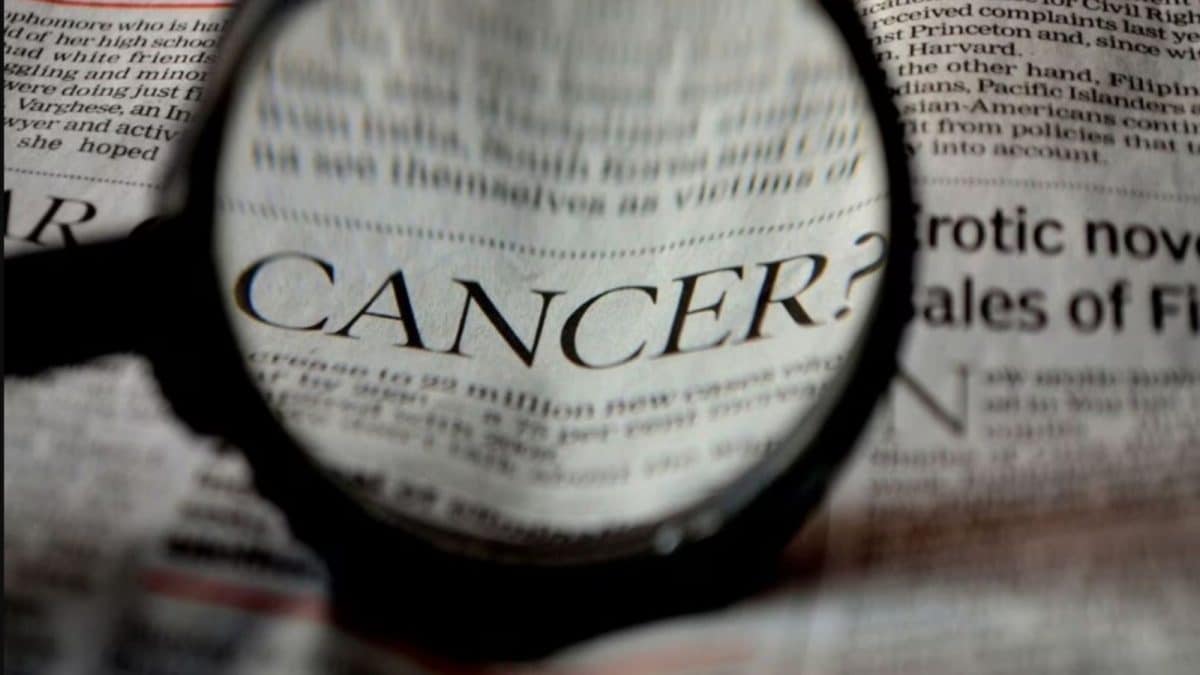Last Updated:
Cancer treatment can be overwhelming, but the side effects of chemotherapy, immunotherapy, and radiation need not define the journey.

Cancer treatment side effects include fatigue, nausea, and skin problems.
Cancer treatment has advanced rapidly in recent years, offering patients more hope and better outcomes. Yet, alongside these breakthroughs, side effects remain a major challenge. From fatigue and nausea to skin problems and immune changes, therapies like chemotherapy, immunotherapy, and radiation often take a toll on the body.
Understanding these effects and knowing how to manage them can make the treatment journey smoother and more tolerable.
Recommended Stories
What Doctors Say About Side Effects
“Chemotherapy is a drug used to kill cancer cells, but it also affects other rapidly dividing cells in the body, such as hair, skin, and those lining the stomach and intestines. This can result in fatigue, infections, hair loss, appetite changes, and even neuropathy,” explained Dr. Sunny Jain, Sr. Consultant and HOD-Medical Oncology, Accord Super Speciality Hospital, Faridabad.
On the dermatological side, Dr. Anil KV Minz, Senior Dermatologist, Genesis Skin and Hair Clinic, Faridabad, highlighted that patients often face dry, itchy skin, drug-induced rashes, nail discolouration, and hair fall. “Skin, hair, and nails all show signs of the stress the body undergoes during chemotherapy,” he said.
Chemotherapy and Immunotherapy: Coping Strategies
Fatigue is one of the most common side effects of chemotherapy. Staying hydrated, eating protein-rich meals, and engaging in light physical activity, such as walking, can help. Oral care is essential, as chemotherapy can cause mouth ulcers and oesophageal irritation. Small, frequent meals and avoiding acidic or spicy foods may ease discomfort.
Immunotherapy brings its own set of reactions, including flu-like symptoms, rashes, and vitiligo. “Since immunotherapy boosts the immune system, side effects can involve healthy organs too, causing issues like colitis, pneumonitis, or thyroid problems,” Dr. Jain noted. Monitoring unusual symptoms and reporting them early to the doctor is crucial.
Radiation Therapy: Skin and Diet Care
Radiation treatment often causes skin redness, peeling, and fatigue. Patients are advised to avoid tight clothing, shaving, or applying creams to treated areas. A diet high in protein, such as eggs, pulses, or dairy, helps with tissue repair, while fluids like milk, soups, and juices combat fatigue. “Avoid raw fruits and vegetables during treatment as immunity is low and the risk of infection is higher,” Dr. Jain added.
Skin, Hair, and Nail Health
To manage dermatological side effects, Dr. Minz recommended simple routines: “Use mild soaps and moisturising lotions multiple times a day, keep the scalp clean with gentle shampoos, and take vitamin supplements if prescribed.” For nails, protective gloves during chores and avoiding harsh chemicals can reduce damage.
Cancer treatment can be overwhelming, but side effects need not define the journey. With early intervention, thoughtful self-care, and guidance from oncologists and dermatologists, patients can protect their overall well-being while focusing on recovery.
Delhi, India, India
September 28, 2025, 13:25 IST
Loading comments…
Go to Source
Author: News18



)